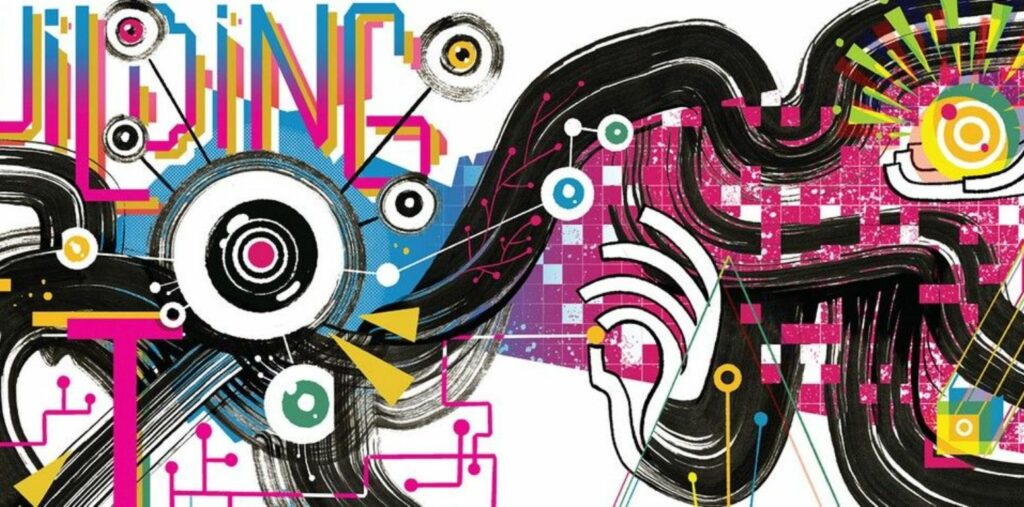blog post
The Gallup Clifton Strengths assessment

If you have succeeded in getting your board to go along with and fund a new, Zero-Trust strategy, which of your existing team can participate and assure that the principles and best practices are adhered to through implementation.
The Gallup Clifton Strengths assessment is a popular psychometric assessment designed to identify and analyze an individual’s strengths or talents.
The assessment is based on the concept that individuals have unique talents and abilities that, when recognized and harnessed, can lead to enhanced performance, engagement, and personal satisfaction. Rather than focusing on weaknesses or areas of improvement, it aims to identify and develop an individual’s innate strengths.
While it does not have a specific theme related to a “zero trust mindset,” we can identify several capabilities and strengths that align with the qualities necessary for an individual possessing a zero trust mindset.
1. Analytical: This involves the ability to gather and analyze data, identify patterns, and draw meaningful insights. Individuals with strong analytical skills excel at dissecting complex systems, identifying potential vulnerabilities, and assessing risks.
2. Detail-Oriented: This factor relates to an attention to detail and a meticulous approach to work. Individuals strong in this theme contribute to a zero trust mindset by carefully examining access controls, permissions, and configurations to prevent any potential security gaps.
3. Security-Minded: A security-minded individual possesses a natural inclination to prioritize security and protect assets. Their mindset enables them to think from an attacker’s perspective and anticipate potential vulnerabilities.
4. Learner: This strength encompasses a love for learning and a curiosity to explore new knowledge and skills. Their continuous learning mindset enables them to stay updated with evolving security technologies and practices within the zero trust framework.
5. Strategic Thinking: Individuals strong in strategic thinking can assess the impact of various security measures on the overall zero trust framework and consider the broader implications of decisions.
6. Self-Regulation: This strength reflects the ability to exercise self-discipline, adhere to protocols, and follow established security procedures.
It is worth noting that while individuals may exhibit various combinations of strengths, cultivating and developing these capabilities can enhance their ability to adopt a zero trust mindset and effectively contribute to the outcome you seek.
“The only thing worse than training your employees and having them leave is not training them and having them stay.” Henry Ford, Founder, Ford Motor Company.
Author
Steve King
Managing Director, CyberEd
King, an experienced cybersecurity professional, has served in senior leadership roles in technology development for the past 20 years. He has founded nine startups, including Endymion Systems and seeCommerce. He has held leadership roles in marketing and product development, operating as CEO, CTO and CISO for several startups, including Netswitch Technology Management. He also served as CIO for Memorex and was the co-founder of the Cambridge Systems Group.

